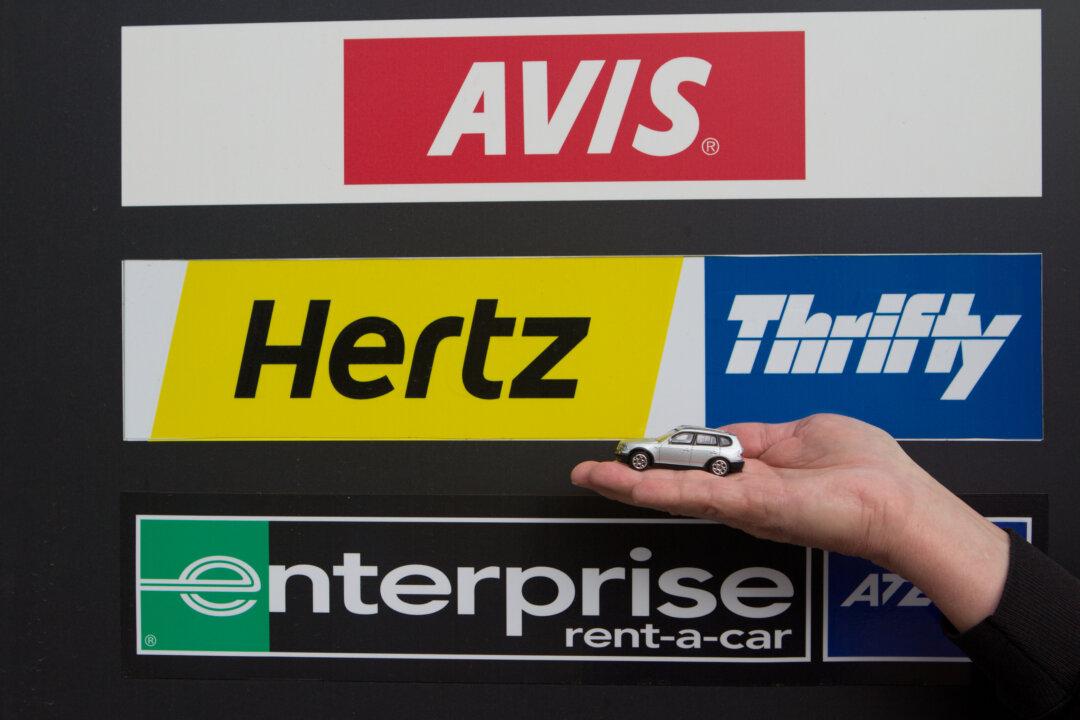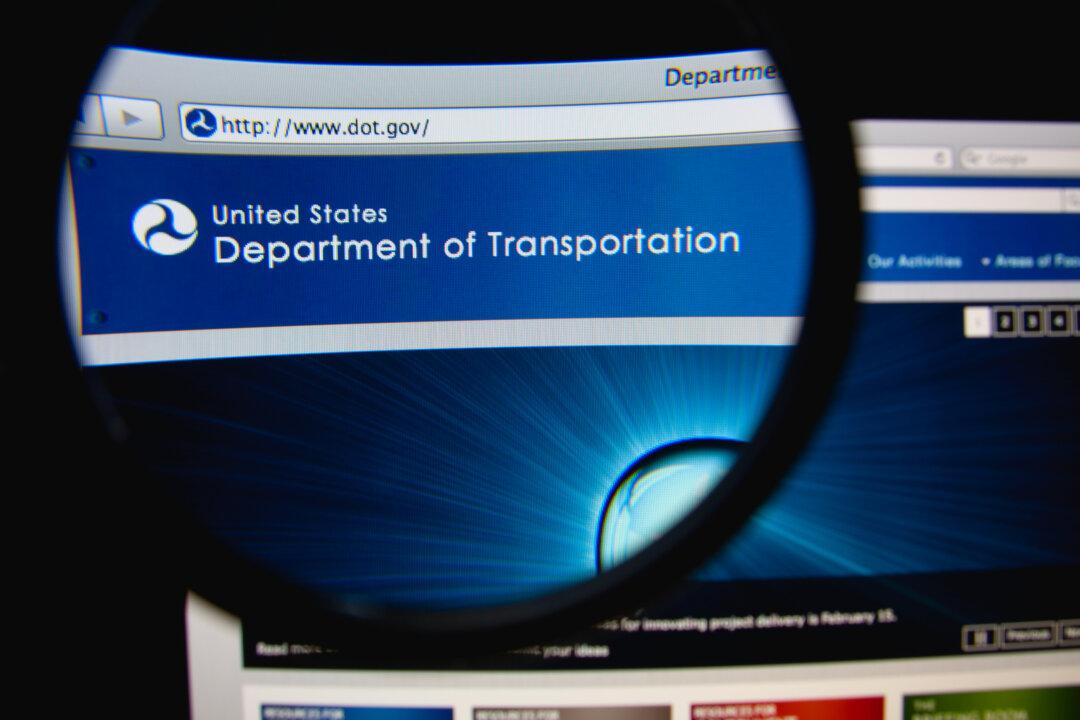Just because you’re paranoid doesn’t mean they’re not out to get you. When everything goes according to plan, the travel industry routinely delivers value for your money, and you don’t notice much else. But when anything goes south, the travel industry is, in fact, often out to get you. The basic business model of most travel is stacked against consumers. And one of the weapons suppliers like to use is your contract.
When you buy a ticket, rent a room, buy a cruise, rent a car, or pay for just about any travel service, you automatically accept that supplier’s standard contract that governs legal responsibility for both buyer and seller. But travel contracts are contracts of adhesion—ones which you have no opportunity to negotiate—and they often require that you relinquish your access to some or all your usual contractual rights.
Your obligation, as a buyer, is generally cast in concrete—you pay. But sellers’ contracts have a lot of wiggle room and they typically include conditions that limit your options when something goes wrong.
-- Cruise lines and tour operators enjoy wide latitude in altering itineraries and ports without your right to refund. Tour operators reserve the right to substitute hotels of “equal or higher” rating—yeah, right.
-- Suppliers often limit refunds to credit toward future use rather than cash—often with an unacceptably short validity period. A lot of people on a canceled cruise might have trouble using a future credit within six months.
-- Many contracts require that you sign away the right to sue the supplier in any court or join a class-action suit. Instead, they require you to submit any complaint to arbitration rather than using a court. And binding arbitration is notoriously biased against consumers and in favor of suppliers.
-- If a contract doesn’t require arbitration, it often includes a “forum” clause limiting the court venues open to you for redress—in the best cases, that’s a court in the supplier’s primary US location; typically Florida for cruise lines. In the worst case, it’s overseas somewhere.
A travel dispute is frequently complicated further by the facts that (1) you typically pay in full before you even start using the service so the supplier has your money and (2) when you hit a snag during a trip, you need an immediate fix. Being in the right legally doesn’t help much when you arrive at a hotel late at night and no rooms are available.
Many suppliers make promises or what appear to be promises in their brochures and schedules. But only air travelers enjoy substantial federal government protections with enforcement. In the other segments of the industry, those promises—even if they’re included in the contract—are hollow, for one big reason: They lack any provision for enforcement.
Take the cruise industry as an example. The Cruise Line International Association (CLIA) touts a “bill of rights” that promises a wide range of travelers’ rights. But its fatal flaw is that it makes no provision for a cruise line’s obligation when it fails to deliver on these rights. And the hotel, tour, rental car, and others don’t even have a stated industry standard set of promises, let alone “what happens when we fail” practices.
Unfortunately, options for redress are not great. When a problem occurs during a trip, nobody or nothing can, in tort law words, “make you whole.” You can’t un-foul a fouled-up trip. At best, you can try to get monetary compensation for your hassle and maybe to cover what you had to spend to save as much of your trip as possible. I‘ll be looking at various redress options in the coming weeks, but for now I’ll end with my rule number one: Pay as little as possible up front. You’re automatically at a disadvantage as soon as a supplier has your money. Particularly avoid non-refundables when you can: Paying a few dollars more for a reservation you don’t have to pay for until after you’ve used it removes a lot of risk.





